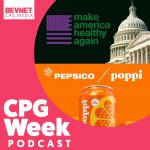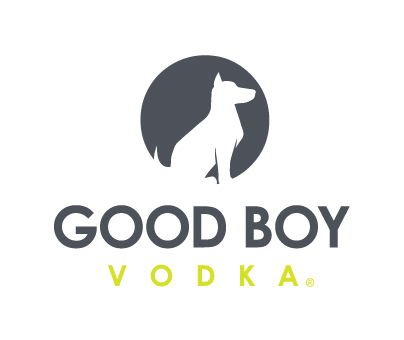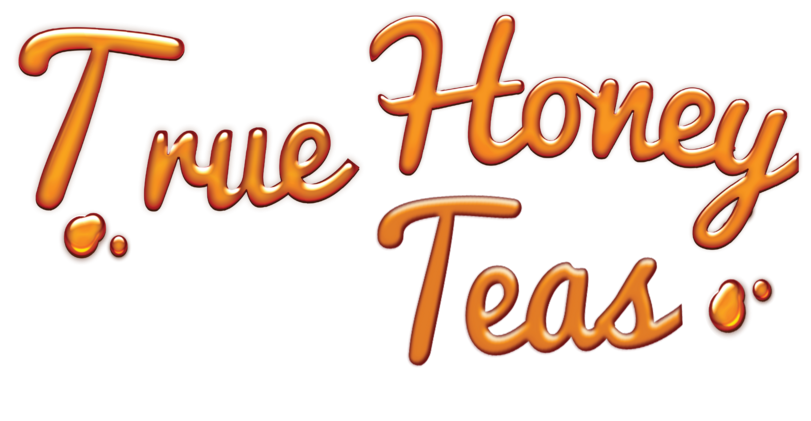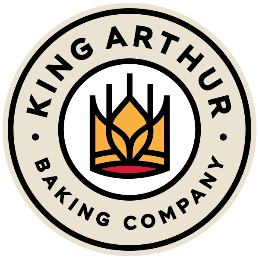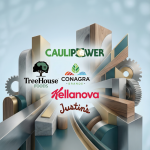Pacesetters Show Consumers Eager for Novelty

As consumers “hunkered down” last year amid the pandemic, demand for new food and beverages was very much up, according to IRI’s New Products Pacesetter report examining the performance of 2020’s new product launches. And while a plague year may seem like a period for comfort food and old favorites, new and innovative products saw big benefits from out-of-stock issues and a desire among shoppers for a “change of pace.”
While the number of new CPG product launches in 2020 was in line with previous years, the number of use occasions increased as consumers found themselves cooking more, adopting pets and shifting alcohol consumption to the home.
“At the onset and during the pandemic, consumers’ behaviors radically changed, but their commitment to new products prevailed,” the report stated. “When CPGs and retailers put the right products in the right place at the right time for the right consumer, new products won, even in unprecedented turbulence in retail and across the supply chain. This theme seems unflappable, given the consistent success of many $100-million launches.”
The top new product Pacesetter, according to IRI, came from the hard seltzer category with Bud Light Seltzer, which reported $194 million in retail sales in multi-outlet channels. Its impact was heavily weighted toward convenience where it gained $166.7 million in dollar sales. The line launched pre-pandemic in January 2020 but received a boost as consumers’ alcohol consumption moved to at-home occasions.
Ten of the top 25 food and beverage products were beverages, including Truly Lemonade in second place ($191.3M in MULO), MTN Dew Zero Sugar in third ($111.2M) and Starbucks Creamers in fourth ($105M). Some products, such as the Starbucks Creamers, were driven in particular by millennial shoppers who “coped with COVID-19 by experimenting and battling boredom with new products,” the report stated.
Backyard dining and small at-home get-togethers fueled alcoholic beverage sales. Eight of the 27 beverages considered Pacesetters were alcoholic and combined generated $547 million in sales, up from six products totalling $198 million in last year’s report. Combined beer, wine and spirits launches accounted for 44% of beverage Pacesetter sales, up from 17% last year. While many new CPG innovations have focused on premiumization, the report noted that many of these products (including Bud Light Seltzer and 20th ranked Corona Refresca) defied that trend.
“Premium often lies in the eye of the beholder, and the beer, wine and spirits winners succeeded at creating fun, celebratory images that fit into lifestyles and added something special to quarantine consumption occasions,” the report noted.
In food, ice cream and frozen novelties performed well. Rebel Ice Cream ranked fifth on the overall Pacesetter list, with $96.7 million in MULO sales. Other frozen Pacesetter items included Talenti Gelato Layers in 12th place and My/Mochi in 15th.
Plant-based foods also performed well: 36 food and beverage Pacesetters included plant-based attributes and 32 were fully vegan. Beyond Sausage ranked 10th overall among food and beverage, with $52.6 million in MULO sales.
About 27% of consumers reported that they are enthusiastic about buying new food products and 19% said they like to buy new beverages. According to the report, 17% of consumers are estimated to be enthusiastic early adopters for new CPG products. An analysis of the top 20 Pacesetters in food and beverage showed that most Pacesetter brands skew towards consumers with incomes above $70,000 a year, households with three or more people, Hispanics who speak English and millennials.
Procter & Gamble was the largest manufacturer of Pacesetter products, including nonfood items, with 22 product launches ranking. Nestle followed in second place with 12 products and L’Oreal ranked third with eight products. Others in the top 10 manufacturers included Unilever, Revlon, PepsiCo, KraftHeinz, The J.M. Smucker Co., Mars and Kellogg’s.
Additional top 10 Pacesetters in food and beverage include Monster Energy Co.’s Reign ($94.4M in MULO), Cheetos Popcorn ($79.7M), Kinder Bueno ($61.7M) and Reese’s Thins ($56M). Nonfood Pacesetters included Downy Infusions Scents ($120M), Brawny Tear-A-Square paper towels ($105.2M) and Greenies pet treats ($100.6M).
Rising Stars in the food and beverage category include 19 Crimes Cali Red wine, AHA sparkling water, Blue Moon LightSky, Chobani Oat plant-based milk, Corona Hard Seltzer, DIGIORNO Croissant Crust frozen pizza, Dr Pepper & Cream Soda, LIFE CUISINE frozen dinners, Minute Maid Zero Sugar and Vizzy hard seltzer.
“While people are returning to offices and school, the increased number of meal occasions at home still represents an opportunity,” the report concluded. “Busy people have an appreciation for the kitchen skills they learned while stuck at home, though now they get more choice about when and how often they cook…. These trends are a reflection of what happened through the peak of the pandemic, and though we’re headed out of it, some appear to have taken hold.”


